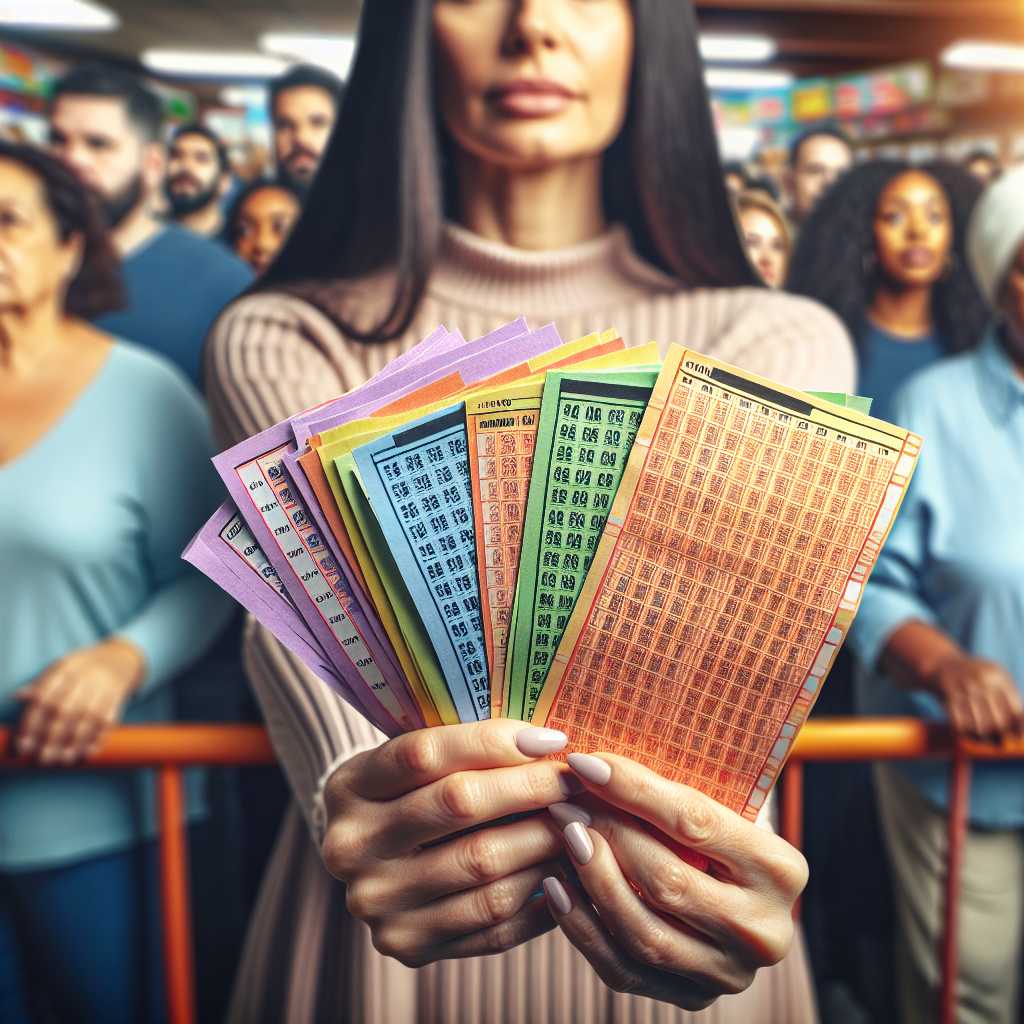Understanding the Mega Millions Jackpot Phenomenon: A Comprehensive Overview
The Mega Millions jackpot is one of the most colossal and mesmerizing prizes in lottery history, capturing the dreams and imaginations of millions of people across the United States. As one of the two major multi-state lottery games (alongside Powerball), Mega Millions offers an insight into American culture, economics, and the psychology of luck.
The Appeal of Mega Millions: Why People Play
Every time the Mega Millions jackpot reaches astronomical figures, there’s a nationwide buzz as both regular players and one-time thrill seekers flock to purchase their tickets. The perception of such life-changing money has a profound psychological attraction. It offers participants a chance for transformation, an escape from financial worries, and, for some, the means to fulfill altruistic desires.
The cost of a ticket is modest compared to the potential win, which creates a low barrier to entry. This allows nearly anyone to partake in this collective moment of excitement. People engage in ‘lottery pools’ with friends or co-workers to increase their chances of winning while bonding over what they’d do with their shares.
Past Mega Millions Jackpots: Record-Breaking Wins
Some jackpots have gained international attention due to their sheer size. Whenever the jackpot swells to record-breaking amounts, even those who don’t typically play are coerced by the curiosity of “what if.” The media play an essential role in fanning these flames by reporting on growing jackpot amounts, windows lined with queued hopefuls, and measuring the economic impact.
Around 2023, the largest jackpots have been subjects of intense excitement. Past record jackpots serve both as a memorabilia of collective aspiration and cautionary tales — focusing on how some winners managed or mismanaged their sudden fortunes. These stories become part of the larger Mega Millions narrative.
How Mega Millions Works: Rules and Odds
The Gameplay Mechanics:
Understanding the drawings is crucial for players. They must choose five numbers ranging from 1 to 70 for the white balls and one number from 1 to 25 for the gold Mega Ball. Players can select their numbers or opt for a quick pick random selection. The jackpot is won when a ticket matches all six numbers drawn.
Odds and Prizes:
Beyond its aspirational top prize, Mega Millions offers smaller tier prizes which are more attainable yet can still be significant sums. However, featuring daunting odds at approximately 1 in 302 million for hitting the jackpot, the game is quintessentially a long shot.
Drawings and Ticket Sales:
Drawings occur twice weekly on Tuesday and Friday nights. Ticket sales cut-off times vary by state but generally end about 15 minutes before each drawing allowing anticipation to peak.
Where Does the Money Go?: Economic Impact and Allocation
Ticket sales support more than merely payouts; they also benefit state economies. A portion of revenue goes towards public education, veteran services, and a myriad other government programs depending on the state’s policies.
Participating states utilize lottery revenue differently – some assisting with budgetary gaps, others allocating funds specifically towards educational purposes. The distribution model aims to promote responsibility regarding this form of entertainment revenue, though it remains a debated topic in terms of its overall community impact.
The Challenges and Criticisms Faced by Lotteries Like Mega Millions
Critiques often stem from concerns about problem gambling – where hopeful players may forget steep odds and spend beyond their means in pursuit of wealth. There’s also ethical debate concerning whether government-promoted gambling is appropriate – especially since funds may attract those from lower-income brackets more likely to buy tickets.
Despite such concerns, Mega Millions conducts its activities with layers of oversight to ensure fairness and legality.
Notes
Towards Beneficiaries Beyond Winners: How Lottery Funds Serve Communities
Apart from creating millionaires overnight, lotteries like Mega Millions hold societal value by providing alternative revenue sources for participating states without raising taxes. This section delves into where those dollars go after the draw concludes — arguably creating countless “winners” who benefit indirectly through societal programs bankrolled by lottery profits.
Image description: A close-up photo showing an arrayed selection of brightly colored Mega Millions lottery tickets clutched in someone’s hand, suggestive of anticipation, against a blurred backdrop featuring enthusiastic lottery players waiting to place their bets before the next drawing.
tQmnx

